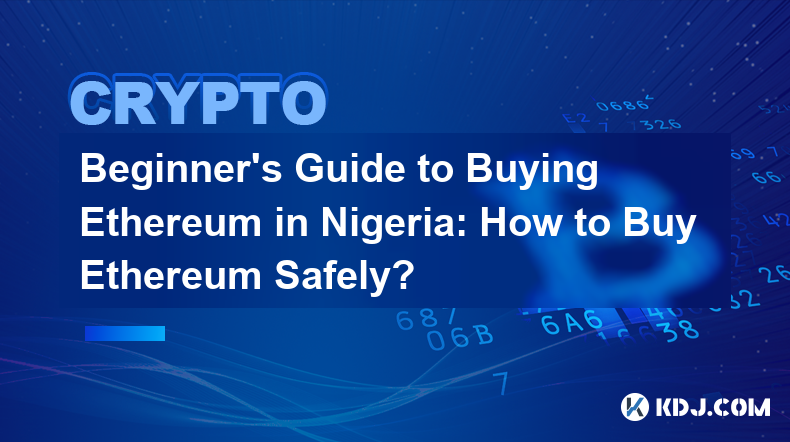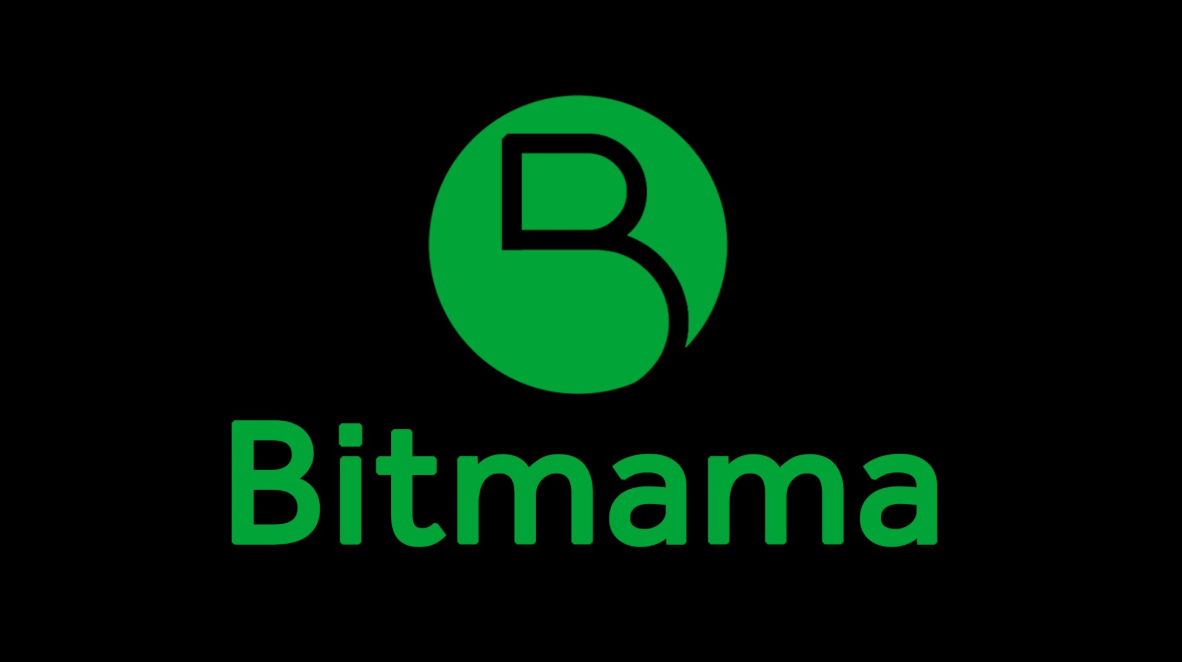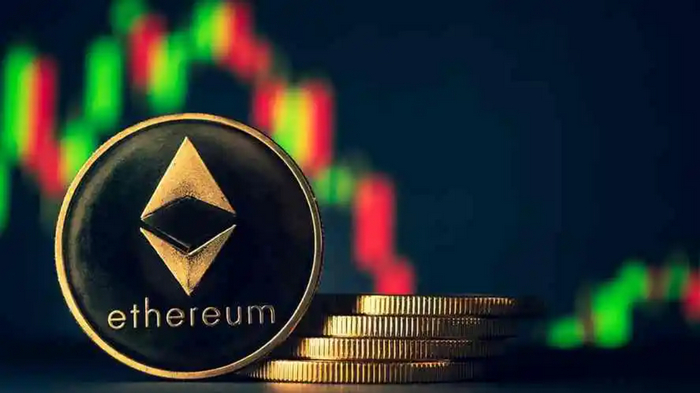-
 Bitcoin
Bitcoin $108,262.4325
-1.40% -
 Ethereum
Ethereum $2,518.2882
-2.94% -
 Tether USDt
Tether USDt $1.0003
-0.01% -
 XRP
XRP $2.2262
-1.71% -
 BNB
BNB $653.9254
-1.55% -
 Solana
Solana $148.1036
-3.11% -
 USDC
USDC $1.0000
0.01% -
 TRON
TRON $0.2829
-1.45% -
 Dogecoin
Dogecoin $0.1639
-4.82% -
 Cardano
Cardano $0.5742
-4.43% -
 Hyperliquid
Hyperliquid $38.9506
-3.95% -
 Sui
Sui $2.9040
-4.34% -
 Bitcoin Cash
Bitcoin Cash $484.8307
-2.62% -
 Chainlink
Chainlink $13.1971
-3.73% -
 UNUS SED LEO
UNUS SED LEO $9.0822
0.51% -
 Avalanche
Avalanche $17.8613
-4.01% -
 Stellar
Stellar $0.2385
-2.26% -
 Toncoin
Toncoin $2.7570
-3.88% -
 Shiba Inu
Shiba Inu $0.0...01145
-3.99% -
 Litecoin
Litecoin $86.9999
-2.43% -
 Hedera
Hedera $0.1538
-3.90% -
 Monero
Monero $313.7554
-2.03% -
 Polkadot
Polkadot $3.3681
-5.08% -
 Dai
Dai $1.0000
0.00% -
 Ethena USDe
Ethena USDe $1.0001
-0.01% -
 Bitget Token
Bitget Token $4.4401
-2.97% -
 Uniswap
Uniswap $6.9644
-8.41% -
 Pepe
Pepe $0.0...09666
-4.79% -
 Aave
Aave $266.5686
-5.04% -
 Pi
Pi $0.4713
-4.95%
Beginner’s Guide to Buying Ethereum in Nigeria: How to Buy Ethereum Safely?
Purchasing Ethereum in Nigeria can be done through platforms such as Bitmama, using bank transfers or mobile payments, ensuring that you choose a compliant and secure exchange and properly store Ethereum.
Apr 11, 2025 at 03:58 pm

In today's digital age, the cryptocurrency field continues to heat up, and Ethereum, as one of the best, has attracted the attention of many investors. For newcomers in Nigeria, entering the Ethereum investment field may be both tempting and slightly complex. But don't worry, this guide will gradually break down the process of safely purchasing Ethereum in Nigeria, allowing you to start this cryptocurrency investment journey with confidence.
Choose a trusted cryptocurrency exchange
Research and screening platform : Nigeria has many cryptocurrency exchanges, such as Bitmama, Binance Nigeria, etc. You can learn about the reputation of each platform through online comments, forum discussions and professional cryptocurrency review websites. For example, on some well-known cryptocurrency forums, users will share their trading experiences on different platforms, including information on the transaction fees, whether the platform often has lags or failures, and customer service response speed.

Compliance check : Ensure that the exchange complies with local laws and regulations in Nigeria. Check whether the exchange has registered or registered with the relevant financial regulatory authorities. In Nigeria, for example, the Securities and Exchange Commission (SEC) has regulatory requirements for some cryptocurrency-related activities, and compliant exchanges will follow these regulations.
Safety measures assessment : Check the security measures taken by the exchange. For example, whether to use cold storage to save most of the user's funds to prevent hackers from stealing assets through cyber attacks; whether to have multi-signature technology to increase the security of funds transfer; whether to provide two-step verification (2FA) functions, such as SMS verification code, Google identity verification device, etc., add additional guarantees for account login.
Registration and Account Verification
Register an account : Take Bitmama as an example, visit its official website or download the Bitmama app from the Google App Store or Apple App Store. Click the "Create Account" or "Start Use" buttons, follow the prompts to enter personal information, including a valid email address, setting a strong password (it is recommended to include letters, numbers, special characters, and the length is sufficient), and read and agree to the relevant terms of use.
Complete real-name authentication : In order to comply with anti-money laundering (AML) and know your customers (KYC) regulations, exchanges usually require users to perform real-name authentication. On Bitmama, you need to upload a clear photo of your ID card (make sure the ID card information in the photo is complete and unobstructed). In some cases, you may also need to provide a proof of residence address, such as a utility bill (which requires your name and address, and is a recent bill).
Waiting for review : After submitting the certification information, the exchange will conduct an audit, and this process may take several hours to several days, depending on the exchange's workload and the complexity of the audit process. Be patient during the audit and avoid repeated submission of the same information to avoid delays in the audit.
Choose the right payment method
Bank Transfers : Many Nigerian banks support transfers to cryptocurrency exchanges. Select bank transfer as payment method in the exchange account to obtain the bank account information provided by the exchange, including the bank name, account number, account holder name, etc. On the bank's online banking platform or go to the bank counter, follow the normal transfer process and transfer Nigerian Naira (NGN) to the designated account on the exchange. Note that bank transfers may charge a certain handling fee, and the arrival time may be long, usually 1-3 working days.
Credit Card/Debit Card Payment : If your credit or debit card supports international payments and the issuing bank does not restrict cryptocurrency transactions, you can select the credit card/debit card payment option on the exchange. Enter the credit card/debit card number, validity period, CVV code and other information, and follow the prompts to complete the payment. Payment with a credit/debit card may arrive instantly, but some banks may consider such transactions as high risk, with additional fees or transaction restrictions.
Mobile payment platform : In Nigeria, mobile payment platforms such as Paga and Paystack can also be used to purchase Ethereum. Select the corresponding mobile payment platform among the payment methods supported by the exchange and follow the platform prompts. Usually, you need to log in to the mobile payment platform account, confirm the payment amount and transaction object before completing the payment.
Purchase Ethereum

Log in and enter the trading interface : Use the registered account to log in to the selected cryptocurrency exchange. Find the "Buy" or "Trade" related buttons in the exchange interface and click to enter the trading page.
Set trading parameters : On the trading page, set the trading currency to Ethereum (ETH), and enter the amount you want to purchase. You can choose to enter the purchase amount in units of Nigerian Naira (NGN), and the exchange will calculate the corresponding Ethereum quantity based on the real-time exchange rate; you can also directly enter the Ethereum quantity you want to purchase, and the exchange will display the corresponding Naira amount.
Confirm payment method : Choose a previously prepared payment method, such as bank transfer, credit/debit card or mobile payment platform.
Confirm the order and purchase : Carefully check the order information, including the quantity of Ethereum purchased, the payment amount, the handling fee (if any), etc. After confirming that, click the "Purchase" or "Confirm Order" button to complete the Ethereum purchase operation. If you choose bank transfer, after completing the bank transfer operation, you need to upload the transfer voucher on the exchange order page so that the exchange can confirm the receipt and complete the transaction.
Storage Ethereum
Exchange Wallet : After the purchase is successful, Ethereum will be temporarily stored in the exchange wallet. Exchange wallets are convenient for trading. If you plan to frequently buy and sell Ethereum in the short term, you can temporarily store it here. However, it should be noted that the security of the exchange wallet depends on the overall security status of the exchange and poses certain risks.
Personal wallet :
Software wallet : For example, MetaMask, you can install plug-ins in the browser or download mobile applications. When creating a wallet, be sure to keep mnemonic words (usually 12 or 24 words for restoring the wallet) and set a strong password. Transfer the Ethereum purchased by the exchange to the MetaMask wallet, obtain the collection address in the MetaMask, enter the address in the withdrawal interface of the exchange, and complete the transfer according to the prompts.
Hardware wallets : Hardware wallets such as Ledger Nano S and Trezor are more secure. After purchasing a hardware wallet, initialize and set it according to the instructions to generate the wallet address. Withdraw the exchange's Ethereum to the hardware wallet address, and the hardware wallet stores the private key through physical devices to reduce the risk of private keys being stolen by cyber attacks.
Disclaimer:info@kdj.com
The information provided is not trading advice. kdj.com does not assume any responsibility for any investments made based on the information provided in this article. Cryptocurrencies are highly volatile and it is highly recommended that you invest with caution after thorough research!
If you believe that the content used on this website infringes your copyright, please contact us immediately (info@kdj.com) and we will delete it promptly.
- Bitcoin's Pattern Break: Are HODLers the Key to the Next Surge?
- 2025-07-04 18:50:12
- Bitcoin Price, Trump's Bill, and the $150K Dream: A NYC Take
- 2025-07-04 19:50:12
- Ethereum, LILPEPE, and the July Bounce: Will Pepe Steal ETH's Thunder?
- 2025-07-04 19:10:12
- Binance Institutional Loans: Unlocking 4x Leverage and Zero Interest for Whales
- 2025-07-04 19:15:12
- Bitcoin Bull Run: Analysts Eye Peak in Late 2025?
- 2025-07-04 19:20:13
- Pepe Indicators, Bullish Forecast: Can the Meme Coin Rally?
- 2025-07-04 19:25:12
Related knowledge

How to customize USDT TRC20 mining fees? Flexible adjustment tutorial
Jun 13,2025 at 01:42am
Understanding USDT TRC20 Mining FeesMining fees on the TRON (TRC20) network are essential for processing transactions. Unlike Bitcoin or Ethereum, where miners directly validate transactions, TRON uses a delegated proof-of-stake (DPoS) mechanism. However, users still need to pay bandwidth and energy fees, which are collectively referred to as 'mining fe...

USDT TRC20 transaction is stuck? Solution summary
Jun 14,2025 at 11:15pm
Understanding USDT TRC20 TransactionsWhen users mention that a USDT TRC20 transaction is stuck, they typically refer to a situation where the transfer of Tether (USDT) on the TRON blockchain has not been confirmed for an extended period. This issue may arise due to various reasons such as network congestion, insufficient transaction fees, or wallet-rela...

How to cancel USDT TRC20 unconfirmed transactions? Operation guide
Jun 13,2025 at 11:01pm
Understanding USDT TRC20 Unconfirmed TransactionsWhen dealing with USDT TRC20 transactions, it’s crucial to understand what an unconfirmed transaction means. An unconfirmed transaction is one that has been broadcasted to the blockchain network but hasn’t yet been included in a block. This typically occurs due to low transaction fees or network congestio...

How to check USDT TRC20 balance? Introduction to multiple query methods
Jun 21,2025 at 02:42am
Understanding USDT TRC20 and Its ImportanceUSDT (Tether) is one of the most widely used stablecoins in the cryptocurrency market. It exists on multiple blockchain networks, including TRC20, which operates on the Tron (TRX) network. Checking your USDT TRC20 balance accurately is crucial for users who hold or transact with this asset. Whether you're sendi...

What to do if USDT TRC20 transfers are congested? Speed up trading skills
Jun 13,2025 at 09:56am
Understanding USDT TRC20 Transfer CongestionWhen transferring USDT TRC20, users may occasionally experience delays or congestion. This typically occurs due to network overload on the TRON blockchain, which hosts the TRC20 version of Tether. Unlike the ERC20 variant (which runs on Ethereum), TRC20 transactions are generally faster and cheaper, but during...

The relationship between USDT TRC20 and TRON chain: technical background analysis
Jun 12,2025 at 01:28pm
What is USDT TRC20?USDT TRC20 refers to the Tether (USDT) token issued on the TRON blockchain using the TRC-20 standard. Unlike the more commonly known ERC-20 version of USDT (which runs on Ethereum), the TRC-20 variant leverages the TRON network's infrastructure for faster and cheaper transactions. The emergence of this version came as part of Tether’s...

How to customize USDT TRC20 mining fees? Flexible adjustment tutorial
Jun 13,2025 at 01:42am
Understanding USDT TRC20 Mining FeesMining fees on the TRON (TRC20) network are essential for processing transactions. Unlike Bitcoin or Ethereum, where miners directly validate transactions, TRON uses a delegated proof-of-stake (DPoS) mechanism. However, users still need to pay bandwidth and energy fees, which are collectively referred to as 'mining fe...

USDT TRC20 transaction is stuck? Solution summary
Jun 14,2025 at 11:15pm
Understanding USDT TRC20 TransactionsWhen users mention that a USDT TRC20 transaction is stuck, they typically refer to a situation where the transfer of Tether (USDT) on the TRON blockchain has not been confirmed for an extended period. This issue may arise due to various reasons such as network congestion, insufficient transaction fees, or wallet-rela...

How to cancel USDT TRC20 unconfirmed transactions? Operation guide
Jun 13,2025 at 11:01pm
Understanding USDT TRC20 Unconfirmed TransactionsWhen dealing with USDT TRC20 transactions, it’s crucial to understand what an unconfirmed transaction means. An unconfirmed transaction is one that has been broadcasted to the blockchain network but hasn’t yet been included in a block. This typically occurs due to low transaction fees or network congestio...

How to check USDT TRC20 balance? Introduction to multiple query methods
Jun 21,2025 at 02:42am
Understanding USDT TRC20 and Its ImportanceUSDT (Tether) is one of the most widely used stablecoins in the cryptocurrency market. It exists on multiple blockchain networks, including TRC20, which operates on the Tron (TRX) network. Checking your USDT TRC20 balance accurately is crucial for users who hold or transact with this asset. Whether you're sendi...

What to do if USDT TRC20 transfers are congested? Speed up trading skills
Jun 13,2025 at 09:56am
Understanding USDT TRC20 Transfer CongestionWhen transferring USDT TRC20, users may occasionally experience delays or congestion. This typically occurs due to network overload on the TRON blockchain, which hosts the TRC20 version of Tether. Unlike the ERC20 variant (which runs on Ethereum), TRC20 transactions are generally faster and cheaper, but during...

The relationship between USDT TRC20 and TRON chain: technical background analysis
Jun 12,2025 at 01:28pm
What is USDT TRC20?USDT TRC20 refers to the Tether (USDT) token issued on the TRON blockchain using the TRC-20 standard. Unlike the more commonly known ERC-20 version of USDT (which runs on Ethereum), the TRC-20 variant leverages the TRON network's infrastructure for faster and cheaper transactions. The emergence of this version came as part of Tether’s...
See all articles

























































































